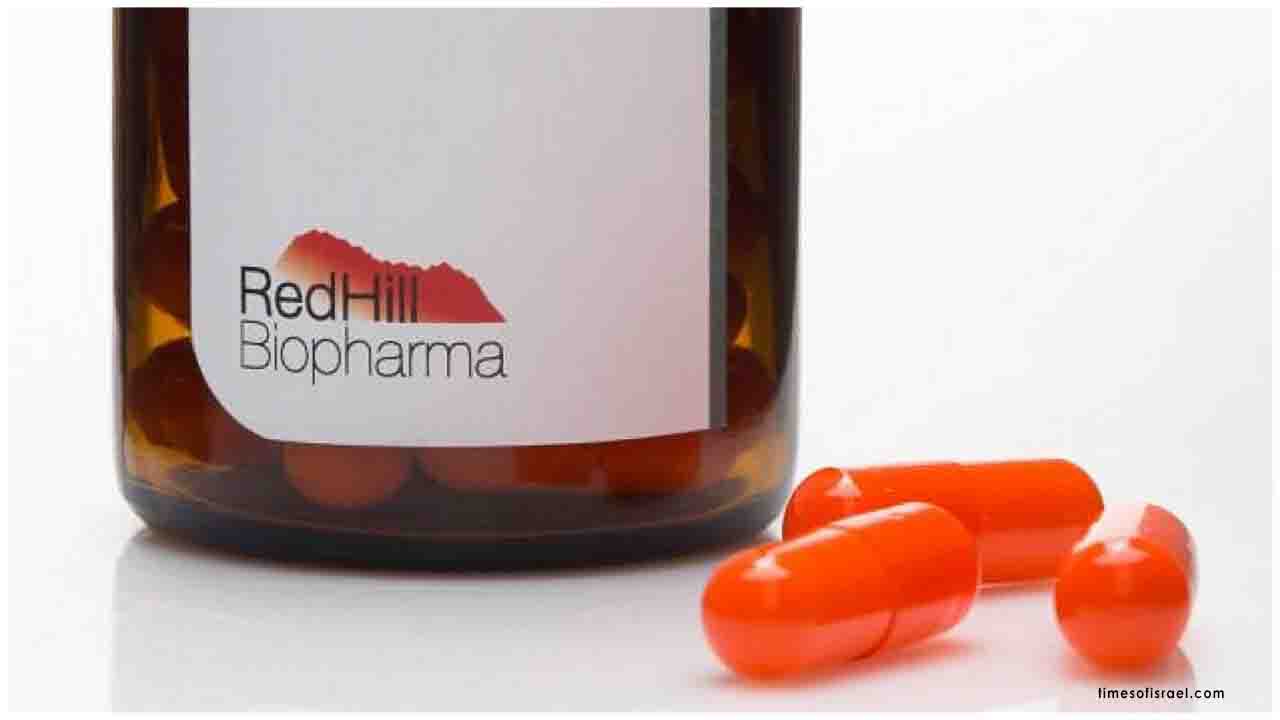RedHill Biopharm Ltd, a specialized biopharmaceutical company, today announced that the global study of Stage 2/3 with opaganib in patients hospitalized with severe COVID-19 pneumonia received a unanimous recommendation to continue after the pre-scheduled safety review by a Data and Safety Monitoring Board ( DSMB) independent. The DSMB's recommendation is based on a non-blind analysis of the safety data of the first 70 patients treated for 14 days.
"With each review of unblinded safety data by independent reviewers, as part of our development program, our confidence in the safety profile of opaganib increases even more," said Mark L. Levitt , MD, Ph.D., Medical Director of RedHill . "We are rapidly compiling a robust and extensive set of safety data for opaganib, which gives us a good reason to wait for the rapid completion of this study, which, if positive, should provide the necessary efficacy data to support the next stage of applications for emergency use in the first quarter of 2020. "
Enrollment in the global Phase 2/3 opaganib study of 270 patients with severe COVID-19 pneumonia is more than 50% complete. The study, approved in six countries and quickly enrolled in 22 study centers, is well on its way to providing first-rate data in the first quarter of 2021. This study is focused and developed to assess effectiveness. An interim analysis of pre-scheduled, unblinded futility will be conducted by the DSMB in the coming weeks to assess data for the first 135 individuals who achieved the primary outcome.
The parallel Phase 2 study with opaganib from the USA completed enrollment for all 40 subjects, with first-line data expected in the coming weeks. This study is not based on effectiveness but focuses on assessing safety and identifying signs of effectiveness.
Opaganib is a new selective sphingosine kinase-2 (SK2) inhibitor, administered orally, with demonstrated dual anti-inflammatory and antiviral activity that acts on the cause and effect of COVID-19 disease, targeting a host cell component involved in viral replication and potentially decreasing the likelihood of resistance to viral mutations.
Opaganib, a new chemical entity, is an exclusive, first-class, selective sphingosine kinase-2 (SK2) inhibitor administered orally with anti-inflammatory and antiviral activities that targets a component of the host cell and potentially decreases it the likelihood of resistance due to viral mutations. Opaganib has also shown anticancer activity and has the potential to target multiple oncological, viral, inflammatory and gastrointestinal indications.
Opaganibe is also being evaluated in a global Phase 2/3 study and in a US Phase 2 study for the treatment of severe COVID-19. Opaganib has also been designated an Orphan Drug by the U.S. FDA for the treatment of cholangiocarcinoma and is being evaluated in a Phase 2 study of advanced cholangiocarcinoma, and in a Phase 2 study of prostate cancer.
Preclinical data demonstrated opaganib's anti-inflammatory and antiviral activities, with the potential to reduce inflammatory lung diseases, such as pneumonia, and to mitigate fibrotic lung damage. Opaganib demonstrated potent antiviral activity against SARS-CoV-2, the virus that causes COVID-19, completely inhibiting viral replication in an in vitro model of human lung bronchial tissue. In addition, in vivo preclinical studies demonstrated that opaganib decreased mortality rates due to influenza virus infection and improved lung injury induced by Pseudomonas aeruginosa by reducing levels of IL-6 and TNF-alpha in washing fluids bronchoalveolar.
Opaganib was originally developed by Apogee Biotechnology Corp. based in the United States and completed several successful preclinical studies on oncology, inflammation, gastrointestinal and radioprotection models, as well as a Phase 1 clinical study in cancer patients with advanced solid tumours and an additional Phase 1 study in myeloma multiple.
Following a compassionate use program, patients with severe COVID-19 (as ranked by the WHO ordinal scale) were treated with opaganib at a major hospital in Israel. Data on opaganib treatment from the first patients with severe COVID-19 have been published. Analysis of treatment results suggested substantial benefit for patients treated with opaganib in compassionate use on both clinical outcomes and inflammatory markers, compared to a retrospective matched case-control group from the same hospital. All patients in the group treated with opaganib were discharged from room air without the need for intubation and mechanical ventilation, while 33% of the paired case-control group required intubation and mechanical ventilation. The mean time to wean the high-flow nasal cannula was reduced to 10 days in the opaganib-treated group, compared to 15 days in the paired case-control group.
The development of opaganib was supported by grants and contracts from US federal and state agencies granted to Apogee Biotechnology Corp., including from NCI, BARDA, the US Department of Defense and the FDA's Orphan Drug Development Department.

 The independent, pre-programmed DSMB unanimously recommends the continuation of the global Phase 2/3 study of orally administered opaganib in severe COVID-19 pneumonia
The independent, pre-programmed DSMB unanimously recommends the continuation of the global Phase 2/3 study of orally administered opaganib in severe COVID-19 pneumonia










.jpeg)








.png)
.png)

.png)
.png)
.png)

.png)
.png)
.png)

.png)
.png)